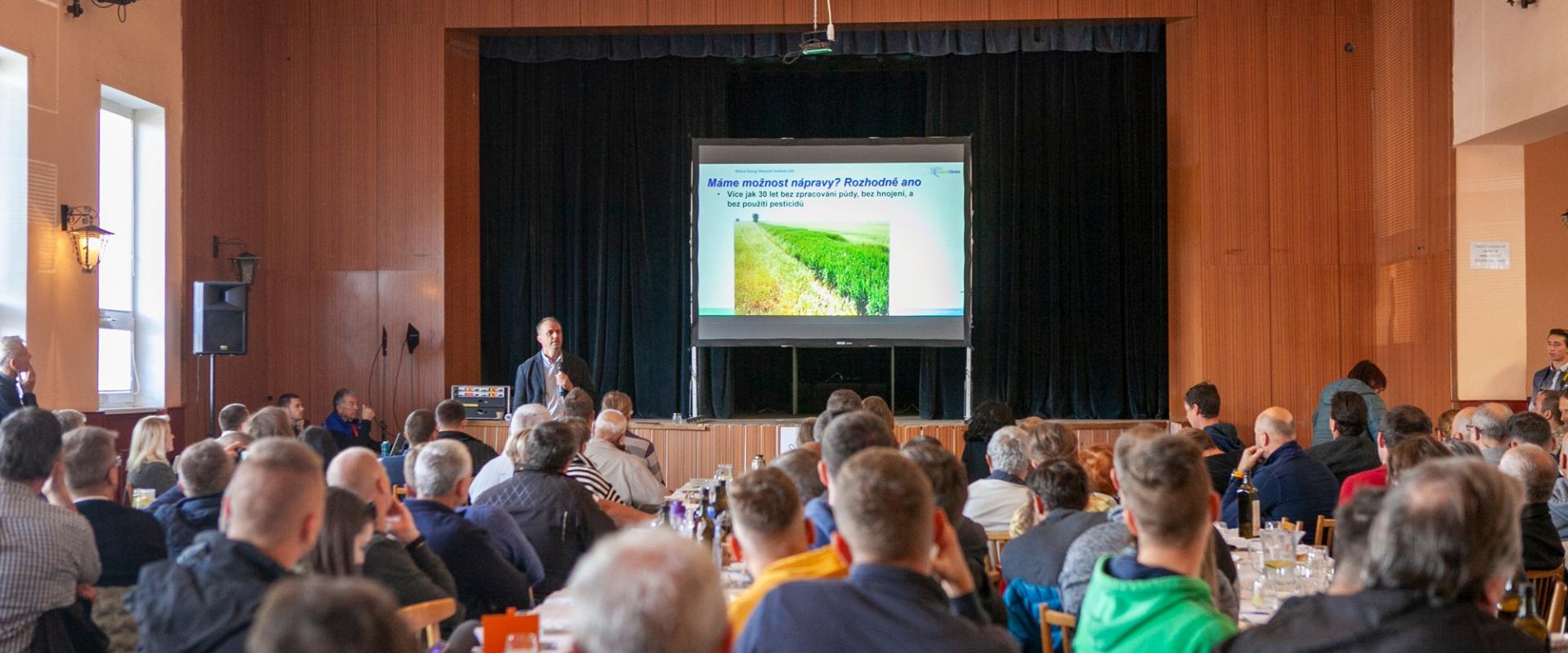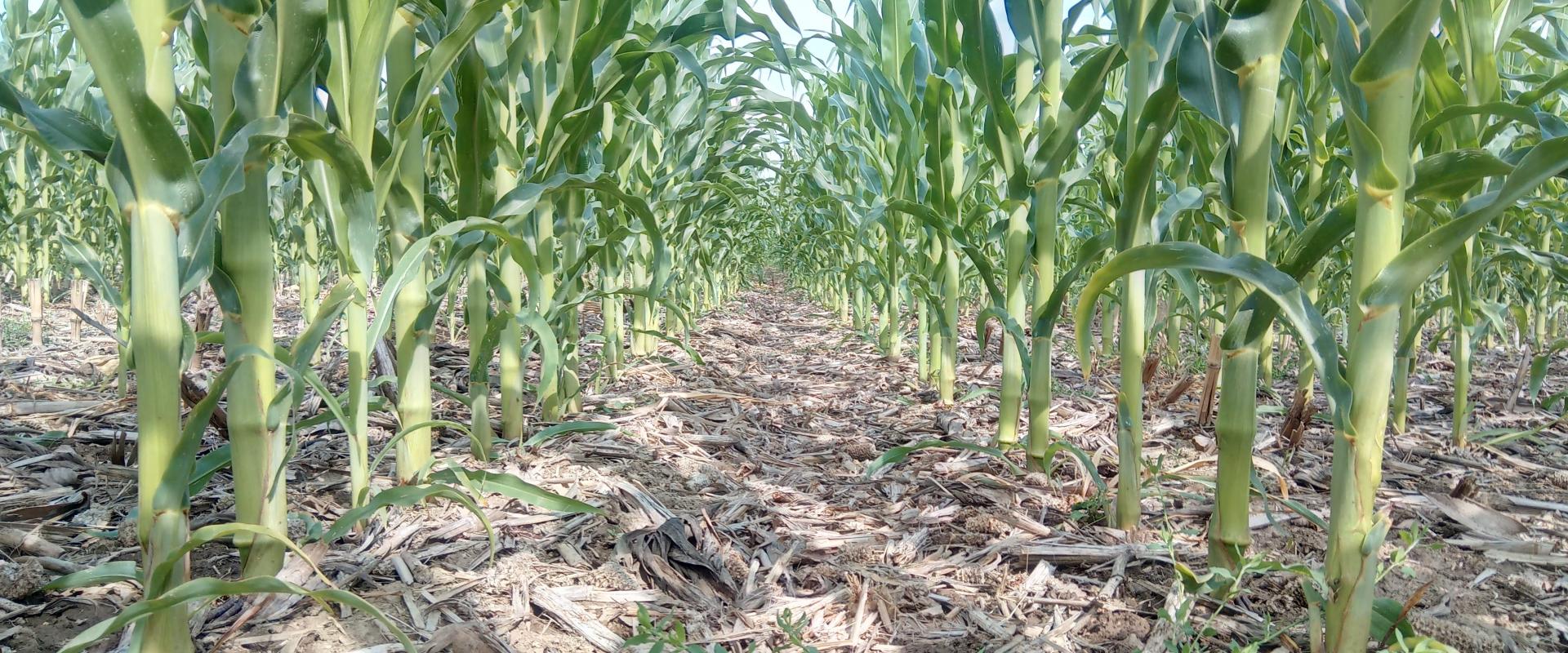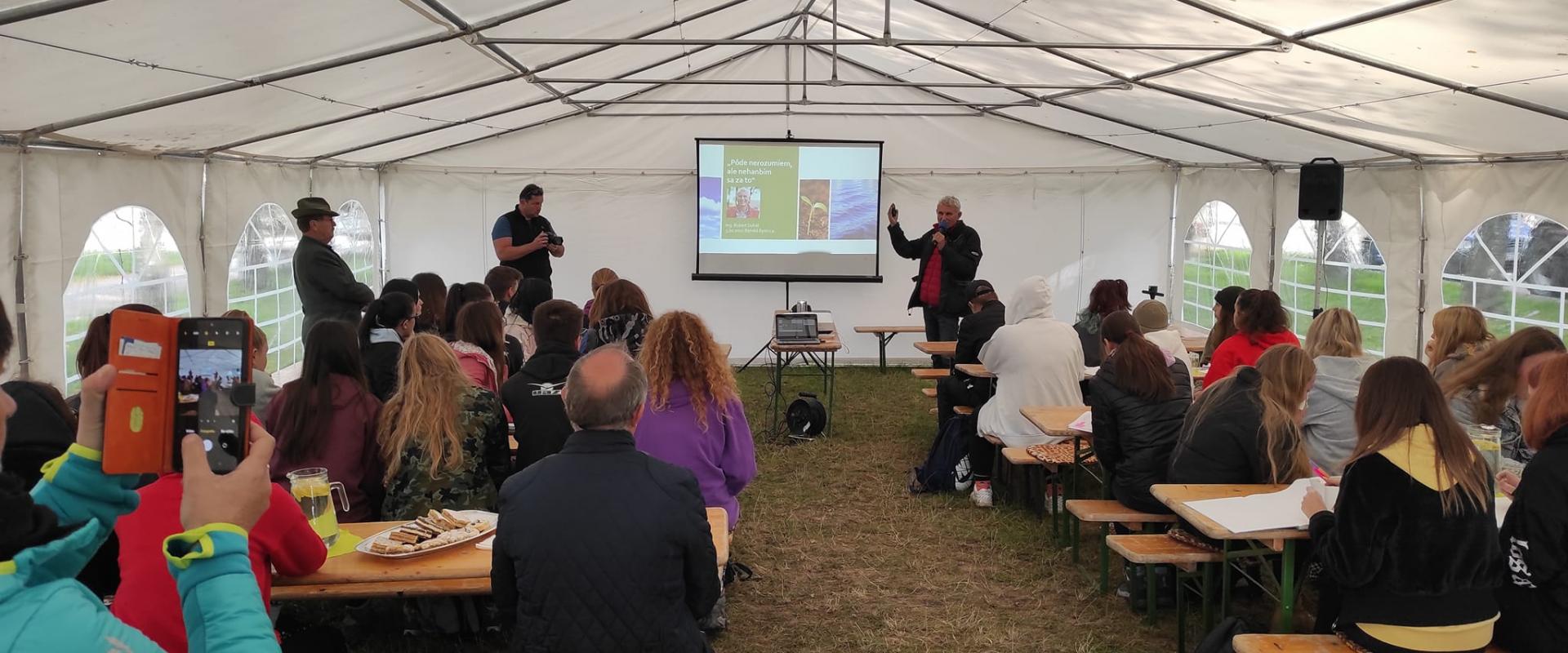PD Krakovany – Stráže (Agricultural cooperative Krakovany – Stráže)
Established in 1991, after change of management in 2012, the Agricultural cooperative Krakovany-Stráže was struggling to run its activities. Today it became a well-known lively example of regenerative soil management in Western Slovakia (Trnava Region). Spreading on an area of more than 640 hectares, the cooperative's farmers apply regenerative agriculture techniques reducing the use of unnecessary chemicals, using cover crops and do not plough to prevent land degradation.
Description
PD Krakovany - Stráže is a regenerative co-op farm owned by 54 shareholders which manage 640 ha of land. The main crops currently cultivated by the cooperative are durum wheat (about 190 ha) and corn (about 190 ha), while the remaining 40% of the land is cultivated with winter peas, soybeans, sunflowers, barley, poppies, mustard, buckwheat and vineyards. Rapeseed cultivation went recently on field trial again experimenting practices without use of insecticides and fungicides. Current crop patterns might change as a result of the cost of production linked to the recent price variability of natural gas, which is used for drying cereals after the harvest.
Back in 2011 the cooperative farmers started to reduce the use of machinery on the fields, reducing the overall machine time on farming land. In 2013 the use of cover crops following the harvest of cash crops were introduced on the whole farm. Species and combinations of cover crops are still the subject of learning and improvement. To preserve soils‘ texture and reduce soil erosion, between 2016 and 2018 farmers gradually switched to no till practices. Moreover, in the time span between 2013 and 2021 farmers stopped using insecticides, fungicides, and artificial fertilizers to cultivate farmed crops. To improve soil health, the cooperative is also aiming to stop applying glyphosates to soils, progressively reducing its applications to combat weeds. A success of the cooperative is that despite the transition towards less impacting soil cultivation practices, crop yields performed above local average. The change in soil management practices produced positive impact in terms of organic soil carbon content, which went from 1,7% in 2013 to 2.6% in 2021 in one particular area. Thanks to this shift in soil management practice, farmers estimate that the cooperative managed to sequestrate around 40 tons of CO2/ha in the period 2017-2022. For example, from November 2021 to November 2022 the co-op farm sequestrated 15,286 tons of CO2, which were then financially compensated to the cooperative as part of carbon sequestration schemes. Co2 measurements have been performed by two different laboratories.
The cooperative also organizes awareness raising events for citizens and the wider public. Since 2021 the cooperative had over 730 people participating in farm activities, from farmers, to students and researchers, and policymakers. Once a week, on Wednesdays, the cooperative is open to anybody willing to better understand the work and practices adopted in the farms. On 22nd of September an annual gathering called Living Soil Day is organized. In 2022, this event managed to engage more than 130 people who participated in the event activities. Other on-site events are also organized throughout the year.
Web https://www.pdkrakovany.sk/ and https://www.regenerative.sk/
Youtube channel https://www.youtube.com/@polnohospodarskedruzstvokr7778/videos


